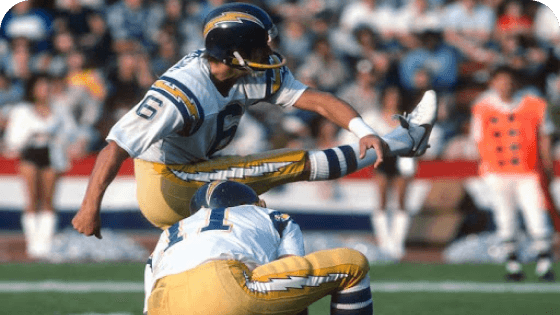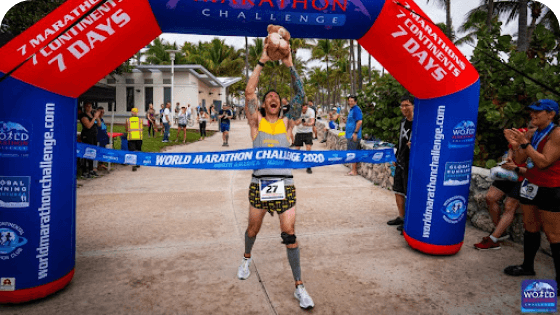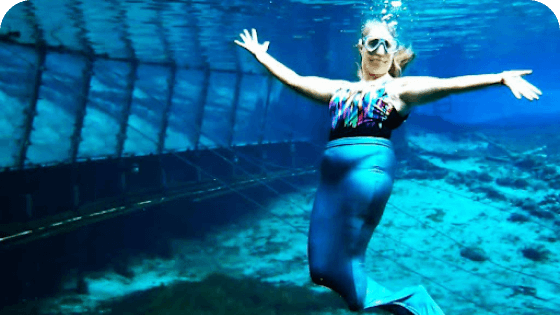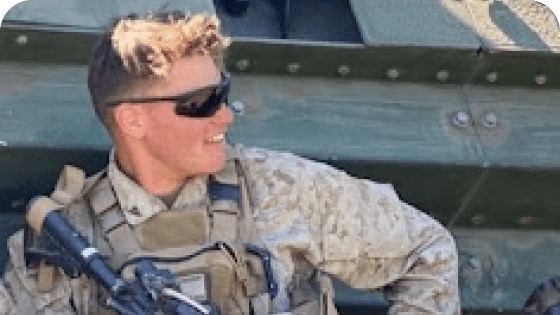

Preparing for ostomy surgery
If you are facing ostomy surgery, you are likely dealing with a lot of emotions – ranging from fear of the unknown to hope that your quality of life will soon be improved. The more prepared you are before surgery, the more confident you will feel as you embark on your recovery.
“I can fly on planes and go to the movies or theater without having to worry about where I am going to sit and whether I ‘ll be able to make it to the bathroom in time. And best of all, I am NOT IN PAIN, which has lifted a huge physical and psychological burden and added an enormous level of enjoyment to my life.”
Partnering with your medical team

Make the most out of the first appointment
Dr. Sonia Ramamoorthy, colorectal surgeon, shares how to make the most out of the first appointment with your surgeon.

Questions to ask your surgeon
Dr. Sonia Ramamoorthy, colorectal surgeon, suggests the questions to ask your surgeon:

10 questions for your surgeon from the American College of Surgeons

Understand pain management options post-surgery to discuss with your surgeon provided by the American College of Surgeons
““My dear ostomy nurse gave me more than just tips on how to take care of my stoma. She has played a huge role in my deciding what direction to go with life. I hope to one day help someone the way that she helped me.””
Learn about your procedure

What is a colostomy / ileostomy?

What is a urostomy?

Add a WOC Nurse to your team
If you or a loved one is facing ostomy surgery, having a Wound, Ostomy and Continence (WOC) nurse on your team is a tremendous asset. Evidence shows that patients in facilities with WOC nurses had significantly better outcomes, compared to those without WOC nurses. Ask your surgeon if you will have access to a WOCN.
You can find one in your area or connect virtually with a WOCN through the UOAA Ostomy Clinic or Corstrata.

Watch a pre-op appointment with WOC nurse Angie Gilbert, to help answer your questions and explain the importance of stoma site marking
Find a colorectal surgeon
Find NowBefore surgery
What should I do before I go to the hospital?
- Arrange childcare and pet care as necessary.
- Pay bills or set up auto-pay.
- Remove any clutter or cords as well as area or throw rugs that could impede your mobilization around your home.
- Arrange household items you may need so that they are easily accessible and positioned to minimize stairs, bending down or reaching high.
- Wash your hands often and avoid people who are ill.
- Prepare meals for yourself, buy frozen or easy to prepare meals, or arrange for meals to be delivered.
- Be prepared for a skin check. Keep your skin healthy. If you have open wounds, bites, sores, scratches, or rashes anywhere on your body, your surgery may be cancelled.
- Schedule your first postoperative visit based on your doctor’s recommendation.
What should I pack?
What should I pack?
Wondering what your life after
ostomy surgery will be like?

Rolf Benirschke
Hear from a real ostomy patient, Rolf Benirschke, retired NFL kicker, about what life with an ostomy is really like

Rob Hill
First ostomate to climb the Seven Summits, the tallest peak on every continent in his “No Guts Know Glory” campaign.

Jonathan Negretti
Seven marathons in seven days on seven continents!

Beth Hudson
A tragic motorcycle accident left Beth with an ostomy and an amputated left leg. She now loves biking with her husband, sit skiing, swimming and she even attended Mermaid Camp!

Cassidy Bargell
As a full contact rugby player at Harvard, Cassidy Bargell was fit and strong and at the top of her game until her severe abdominal cramps put her on the sidelines.

Conner Reese
Conner had a lifelong dream of following in his father’s footsteps and enlisted in the United States Marines right after high school. He showed great promise and was excited about his future until his severe UC derailed that dream with ostomy surgery. He’s now pursuing a career in medicine to help patients learn to embrace their ostomy life.

Peter Yarrow
Being a member of the international folk group of the 60/s, Peter, Paul & Mary, gave Peter the opportunity to share his music with audiences around the world. Following his bladder cancer diagnosis, Peter had a urostomy and soon returned to travelling, performing and spreading his message of healing and hope.

